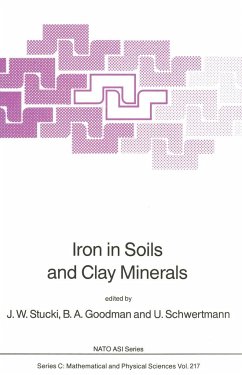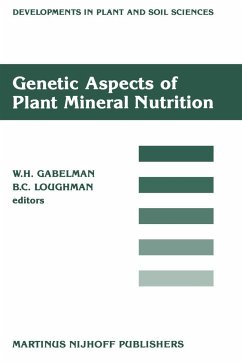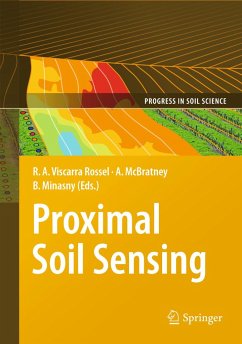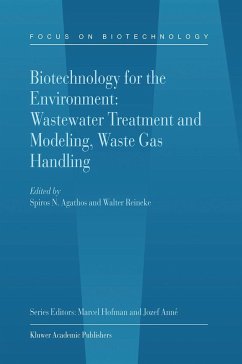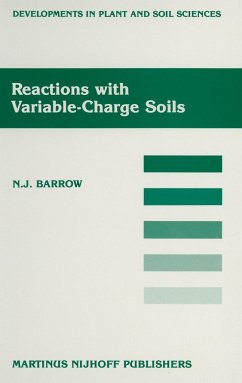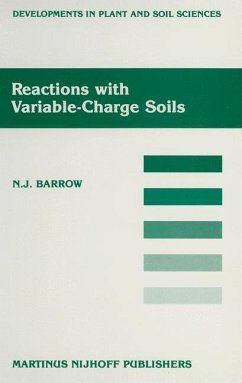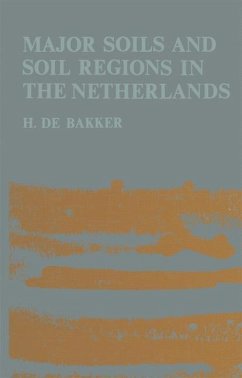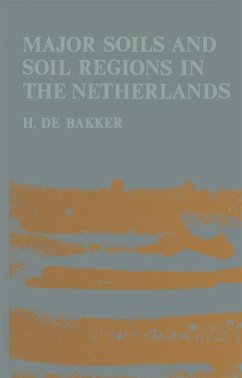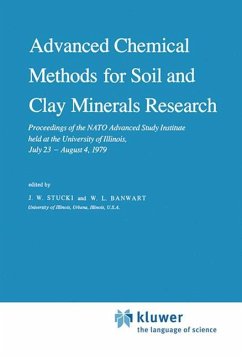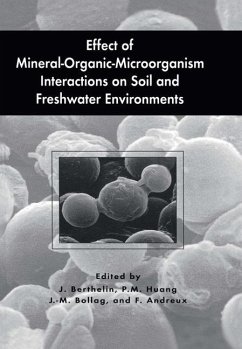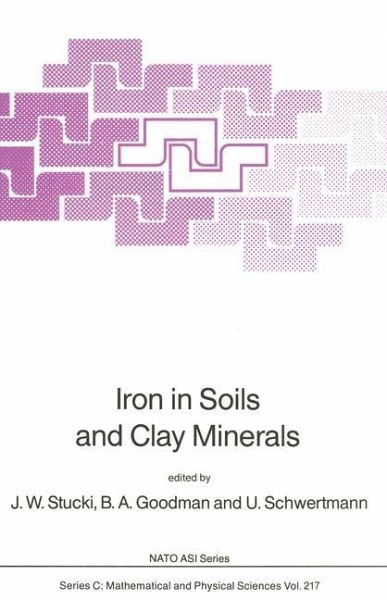
Iron in Soils and Clay Minerals
Versandkostenfrei!
Versandfertig in 1-2 Wochen
229,99 €
inkl. MwSt.
Weitere Ausgaben:

PAYBACK Punkte
115 °P sammeln!
Probably more than any other element, iron markedly influences the chemical and physical properties of soils and sediments in the earth. Considering its transition metal status, with potential variation in electronic configuration, ionic radius, and magnetic moment, combined with its abundance and relatively large mass, little wonder that one sees its unique influence on every hand. Pre sentations at the NATO Advanced Study Institute (NATO AS!) on Iron in Soils and Clay Minerals reviewed and discussed the occurrence, behavior, and properties of Fe-bearing minerals found in soils and in the cla...
Probably more than any other element, iron markedly influences the chemical and physical properties of soils and sediments in the earth. Considering its transition metal status, with potential variation in electronic configuration, ionic radius, and magnetic moment, combined with its abundance and relatively large mass, little wonder that one sees its unique influence on every hand. Pre sentations at the NATO Advanced Study Institute (NATO AS!) on Iron in Soils and Clay Minerals reviewed and discussed the occurrence, behavior, and properties of Fe-bearing minerals found in soils and in the clay mineral groups kaolinite, smectite, and mica. Also discussed at the NATO AS! were the basic chemical properties of Fe, methods for separating and identifying Fe in minerals, and the role of Fe minerals in weathering and other soil-forming processes. The present publication is the reviewed and edited proceedings of that Advanced Study Institute. The sequence of chapters follows the general pattern beginning with introductory chapters which overview the general occurrence of Fe in the earth and its chemistry, both generally and in mineral environments, followed by identification and characterization methods for Fe and Fe phases in minerals. The properties and behavior of Fe oxides, Fe-bearing clay minerals, and other Fe minerals in soils are then described, and the text ends with a summary of the role of Fe in soil-forming processes. A Table of Contents and subject index are provided to assist the reader in finding specific topics within the text.





